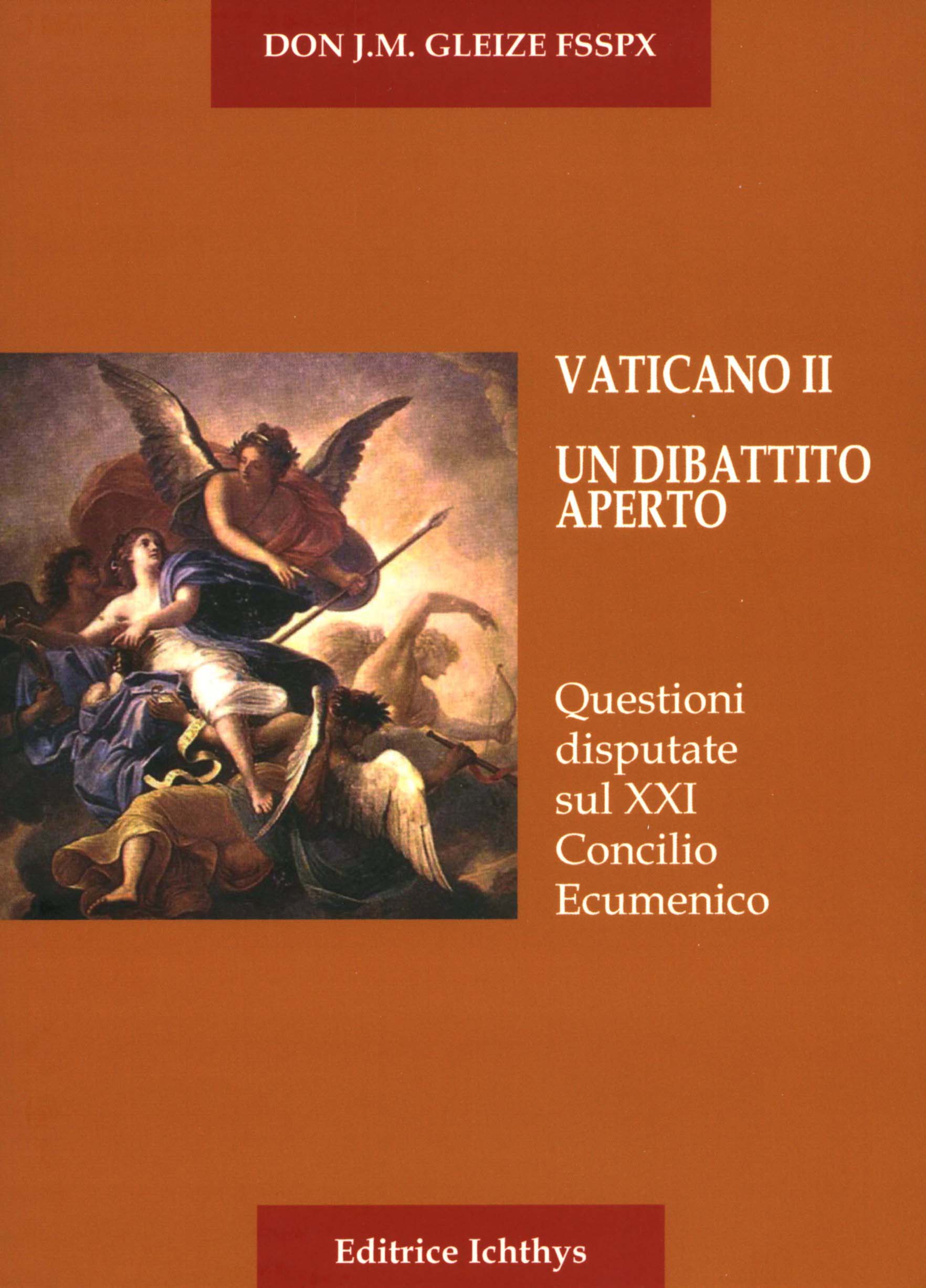Fr.Jean Marie Gleize who says there is an exceptional way of salvation, as if we know of exceptions in 2013, to the dogma extra ecclesiam nulla salus has protested the beatification of Pope John Paul II and Pope John XXII. He is officially supported by Bishop Bernard Fellay the Superior General of the SSPX.
According to the website of the SSPX (N.America) (1):
The serious problems with the beatification of John XXIII and John Paul II, and the difficulties that result now from their canonization, force us to question the soundness of the beatifications and canonizations proclaimed since Vatican Council II, according to a new procedure and unheard-of criteria. Le Courrier de Rome #341 (February 2011) published a study under the title “Beatification and Canonization Since Vatican II”, in which Fr. Jean-Michel Gleize, professor of Ecclesiology at the Seminary of Econe, points out three difficulties that show how far our doubts on the question are from being groundless. Here is a summary by the author himself.
Fr. Gleize's summary
Without pretending to give the final word on the matter (for that is reserved to God), we can at least point out three major difficulties that suffice to raise doubts as to the soundness of the new beatifications and canonizations. The first two question the infallibility and certitude of these acts. The third questions their very definition
Fr.Gleize has made a factual error. He has assumed that the dead are visible to us. He then concludes that Vatican Council II contradicts the dogma extra ecclesiam nulla salus. So like the SSPX leadership he is critical of Pope John XXIII and Pope John Paul II.
The website states:
The 1989 Profession of Faith in effect distinguishes three categories of truths that constitute the object of the teaching of the supreme Magisterium: truths formally revealed and infallibly defined, truths taught authentically, and truths proposed definitively and infallibly because of a logical link or historical connection with formal Revelation.
In the Nicene Creed, which is recited during the Profession of Faith the SSPX leadership and Fr.John Marie Gleize mean there are 'three known baptisms for the forgivess of sins, water,blood and desire'. Reason and faith tell us that there is only one known baptism for the forgiveness of sin. The baptism of desire and blood are known only to God and are not visible to us as is the baptism of water.
So this is a first class heresy of Fr.John Marie Gleize . It also contradicts the SSPX General Chapter Statement (2012) (2) in which the dogma extra ecclesiam nulla salus is affirmed and it was said that there are no exceptions.
Without the Fr.John Marie Gleize's exceptional way, Vatican Council II is traditional and the SSPX should be welcoming the beatification of the two popes.
Without known exceptions to the defined dogma on salvation there is no new ecclesiology taught in Vatican Council II.
-Lionel Andrades
1.
2.












